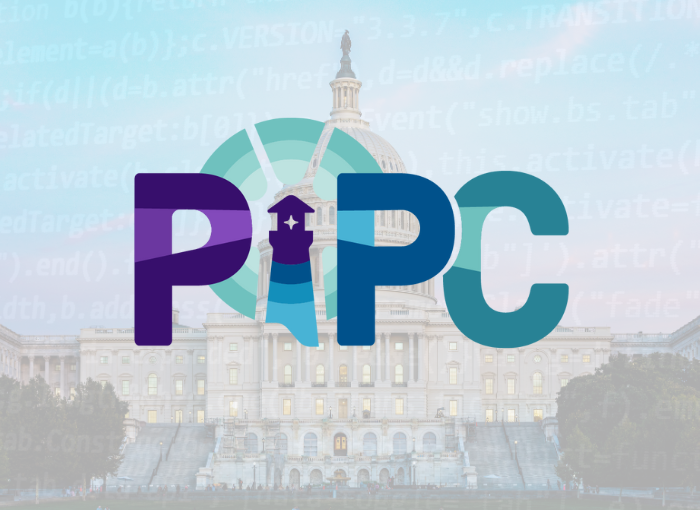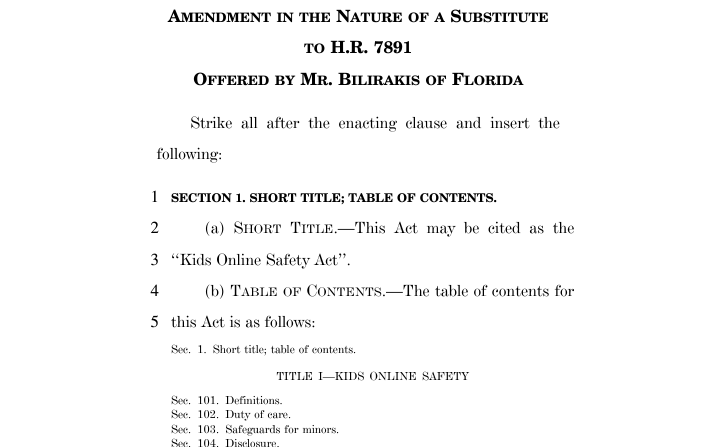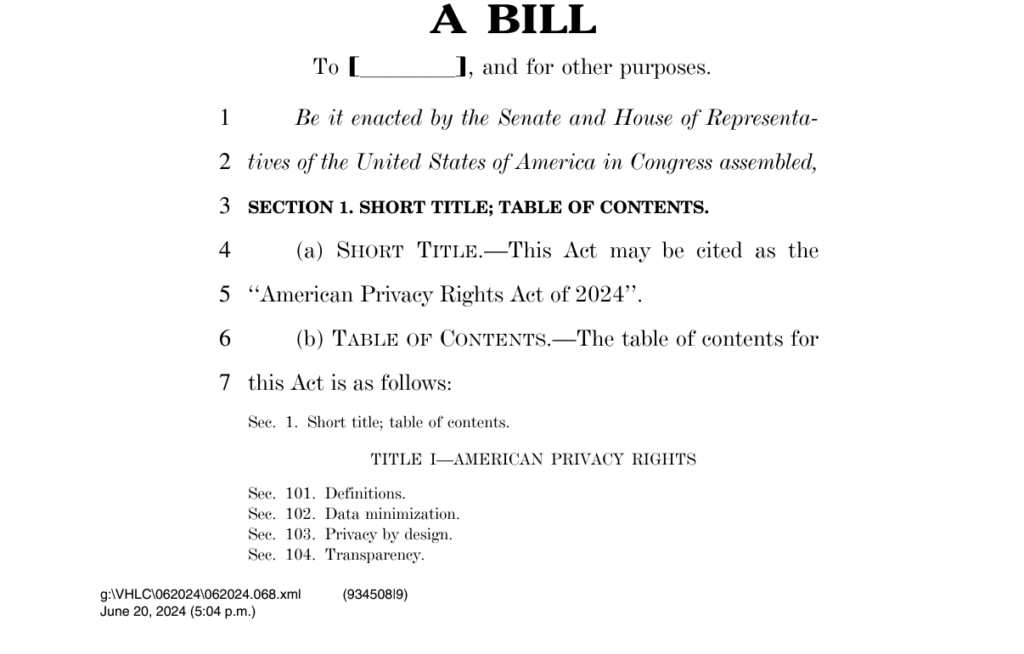PIPC Joins Letter Endorsing COPPA 2.0
Press Release PIPC Joins Letter Endorsing COPPA 2.0 September 6, 2024 FOR IMMEDIATE RELEASE The Public Interest Privacy Center (PIPC) today joins over 100 organizations urging the House Energy & Commerce Committee to to move the Children and Teens’ Online Privacy Protection Act (COPPA 2.0) as a standalone bill to a markup before the full House Committee on Energy and Commerce. From the letter: “H.R. 7890 is an effective, widely supported, bipartisan update to its 25-year-old predecessor. It extends privacy protections to teens, implements strong data minimization principles, bans targeted advertising to minors, gives families greater control over their data, […]
PIPC Joins Letter Endorsing COPPA 2.0 Read More »




